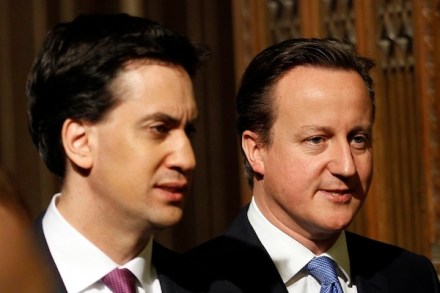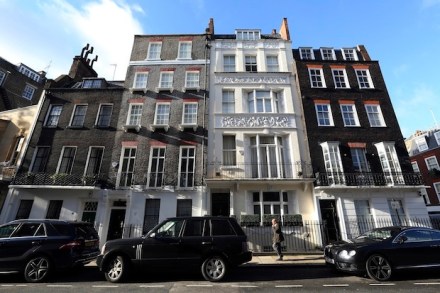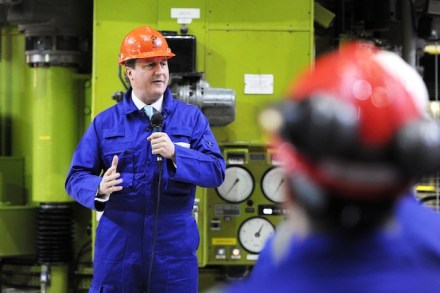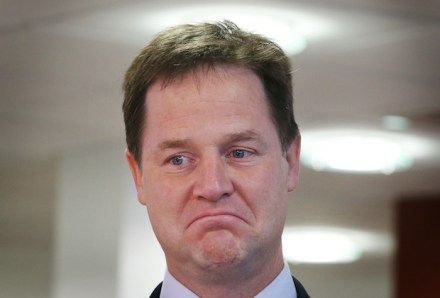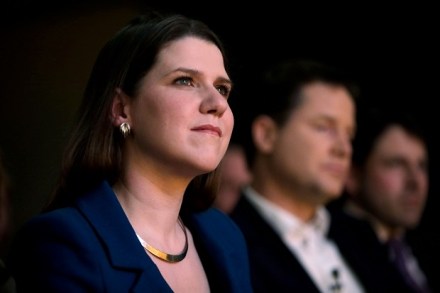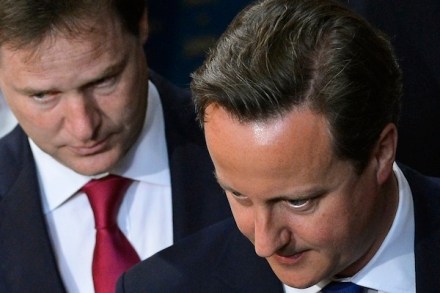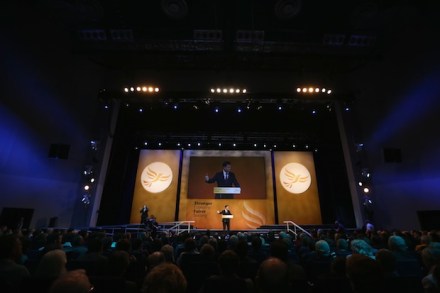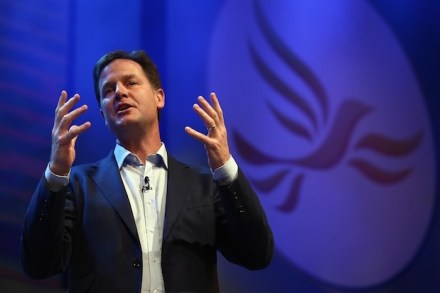Why do the Tories lead on the economy and leadership but trail overall?
One of the odd things about the polls at the moment is that the Tories lead on economic competence and leadership, traditionally the two most important issues, yet trail overall. There are, I argue in the column this week, three possible explanations for this polling paradox. The first possibility is that Ed Miliband is right, that the link between GDP growth and voters’ living standards is broken. A consequence of this is that voters put less emphasis on economic management in the round. Instead, they want to know which party will do most to help them with their cost of living. Then, there’s the possibility that the traditional political rules
